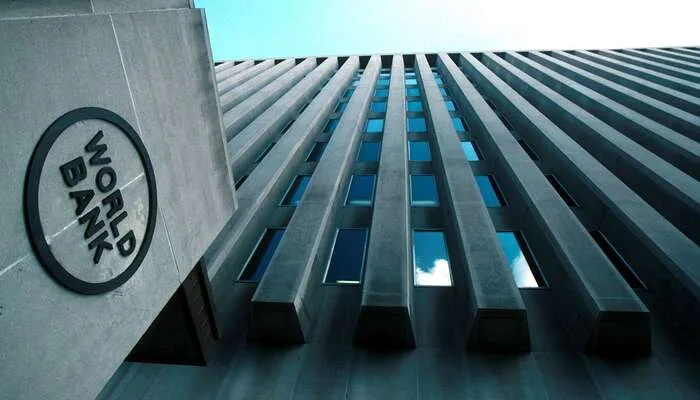The World Bank has approved $250 million in emergency financing for Lebanon to help the country rebuild critical infrastructure and manage the overwhelming volume of rubble left behind after the devastating 2023–2024 war between Hezbollah and Israel. The funding marks the first phase of the Lebanon Emergency Assistance Project (LEAP), a broader $1 billion recovery framework designed to support the country’s war-battered public systems.
In a statement, the World Bank confirmed that LEAP will help repair essential infrastructure and support government-led recovery efforts in line with international standards of transparency, accountability, and results.
“This is not just a one-time contribution,” said Jean-Christophe Carret, the World Bank’s Middle East Department director. “LEAP is structured as a scalable platform. The initial $250 million is just the beginning, with potential to absorb additional grants and loans efficiently under a unified, transparent framework.”
War Toll: 4,000+ Dead and $1 Billion in Infrastructure Damage
The 14-month conflict, which began in late 2023 and dragged well into 2024, left Lebanon reeling from widespread destruction. More than 4,000 people were killed, and roughly 10 percent of the nation’s housing stock — about 163,000 residential units — was either damaged or completely wiped out.
On top of the human cost, infrastructure damage across the country exceeded $1 billion, further crippling a nation already struggling through one of the world’s worst economic collapses in decades. Power lines, roads, water systems, and public buildings all suffered extensive damage, especially in southern regions repeatedly hit by Israeli airstrikes.
Read: US Says Iran ‘Much Further Away’ From Nuclear Weapon After Strikes
While Lebanese officials have long pleaded for international help, actual aid has trickled in slowly — bogged down by concerns over corruption, political instability, and Hezbollah’s role in government.
LEAP Aims for Fast, Transparent Reconstruction
The World Bank appears to be addressing those concerns directly with LEAP’s unified, government-led implementation model. By ensuring a results-based framework, the plan aims to not only rebuild but also restore public trust in Lebanon’s governing institutions.
Importantly, the project allows for scaling up — meaning other international donors, whether public or private, can contribute funds under the same management umbrella. That makes LEAP a potential rallying point for a broader global aid effort, assuming Lebanon’s political leadership can meet the governance expectations.
Reconstruction will begin with the most critical public services — electricity, roads, hospitals, and waste management systems — particularly in areas hardest hit during the war.
For a country that’s been teetering on collapse since 2019, this World Bank initiative represents a much-needed lifeline, though many observers caution that money alone won’t fix Lebanon unless paired with deep political reform.
Follow us on Instagram, YouTube, Facebook,, X and TikTok for latest updates
